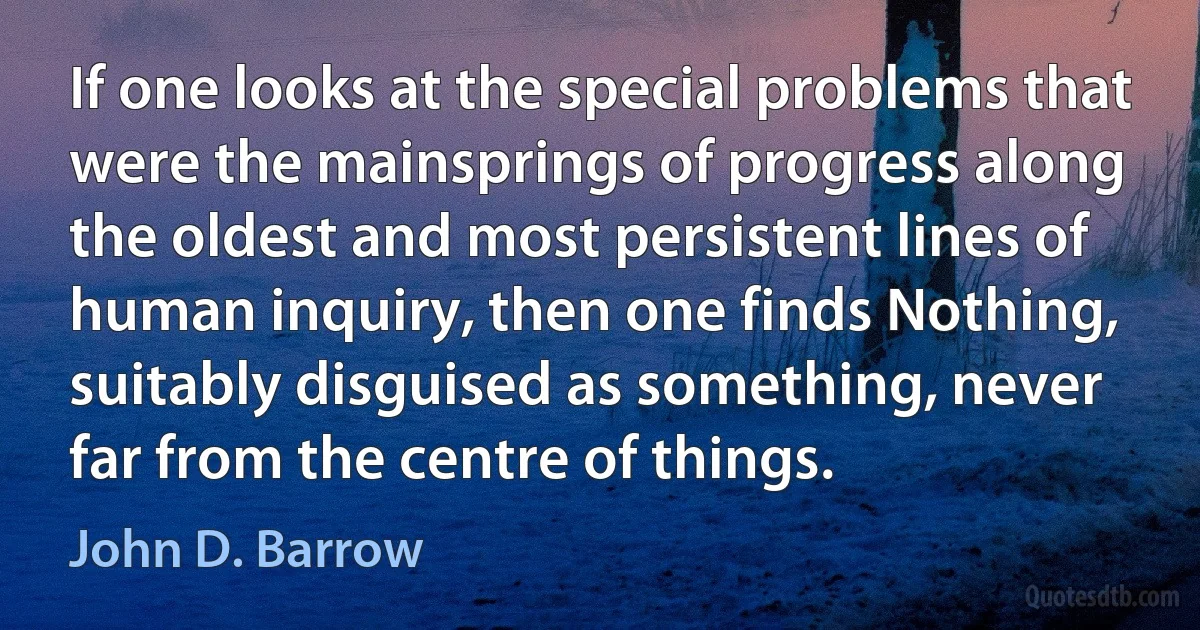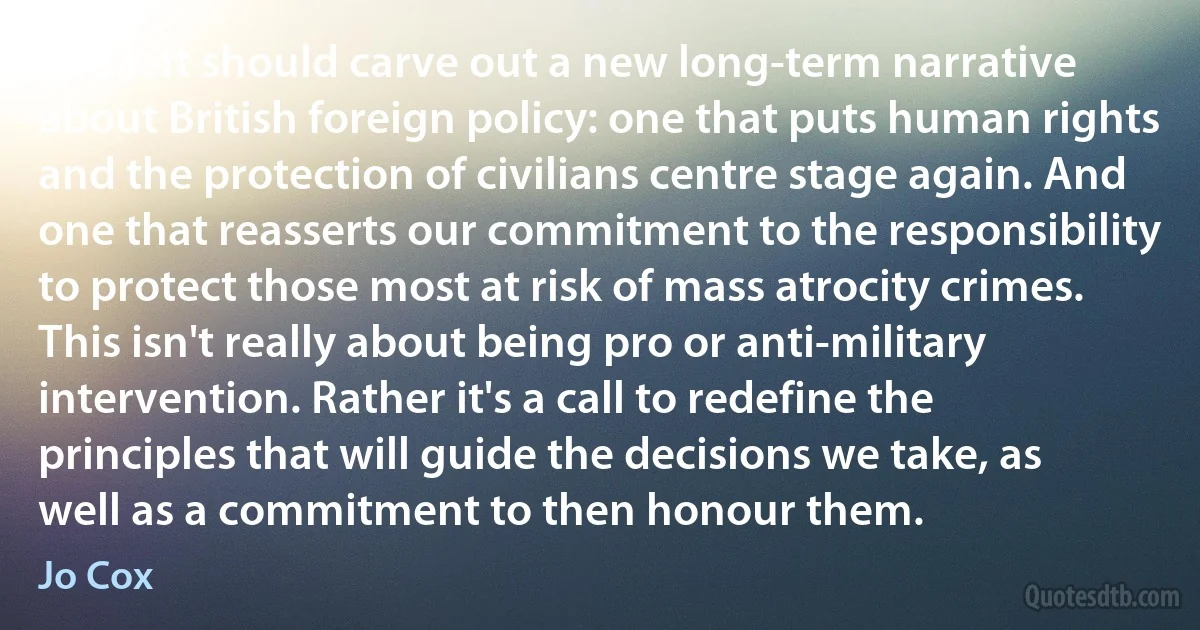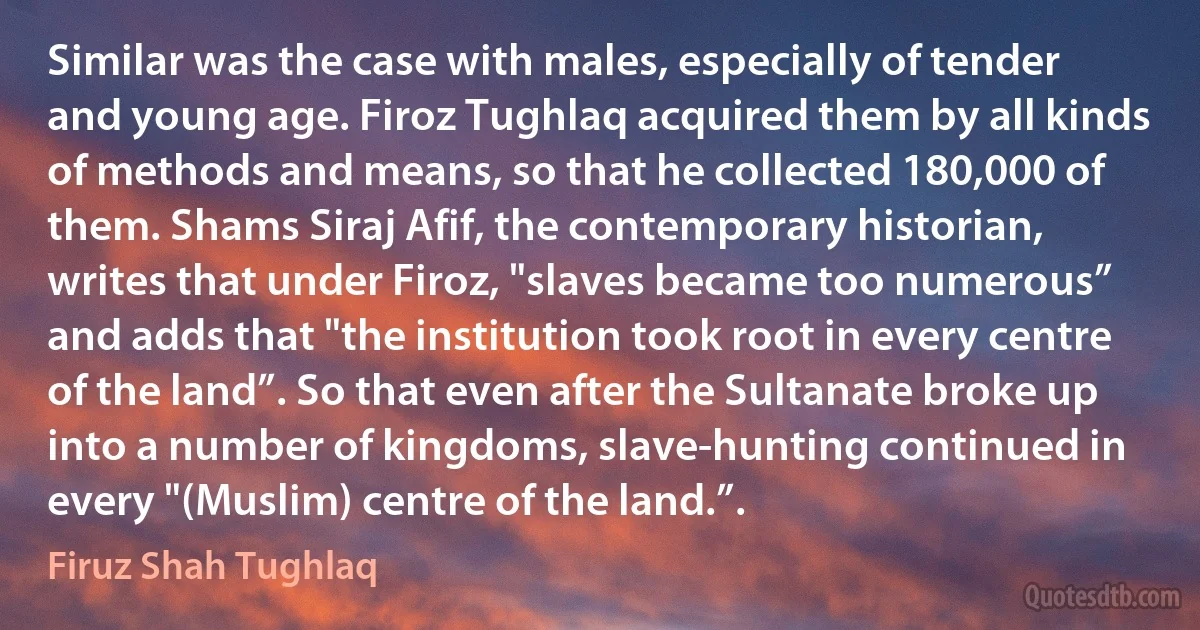Centre Quotes - page 10
We are committed to bridge the gap between the city and the village.
We are committed to bridge the gap between capital and the labour.
We are committed to bridge the gap between the citizen and the administration.
We are committed to bridge the gap between the centre and the states.
We are committed to bridge the gap between Linguistic, religious and caste groups.

Atal Bihari Vajpayee
His master stroke was to appoint Manmohan Singh as finance minister. He wanted a non-political reformer at the centre of decision-making, who could be backed or dumped as required. He presented Singh as the spearhead of reform while he himself advocated a middle path. Yet, ultimately, it was his vision that Singh executed.

P. V. Narasimha Rao
Let the universe have only two dimensions, and let it be the surface of an india rubber ball. It is only the surface that is the universe, not the ball itself. ...Let there be specks of dust fixed to the surface to represent the different galactic systems. If the ball is inflated, the universe expands, and these specks of dust will recede from each other, their mutual distances, measured along the surface, will increase in the same rate as the radius of the ball. An observer in any one of the specks will see all the others receding from himself, but it does not follow that he is the centre of the universe. The universe (which is the surface of the ball, not the ball itself) has no centre.

Willem de Sitter
Next year he [Muhammad of Ghor] defeated Jayachandra of Kanauj. A general massacre, rapine, and pillage followed. The Gahadvad treasuries at Asni and Varanasi were plundered. Hasan Nizami rejoices that in Benares which is the centre of the country of Hind, they destroyed one thousand temples and raised mosques on their foundations. According to Kamil-ut-Tawarikh of Ibn Asir, 'The slaughter of Hindus (at Varanasi) was immense; none were spared except women and children, and the carnage of men went on until the earth was weary.' The women and children were spared so that they could be enslaved and sold all over the Islamic world. It may be added that the Buddhist complex at Sarnath was sacked at this time, and the Bhikshus were slaughtered.

Muhammad of Ghor
Building an integrated, cost-effective, national health service that delivers quality care for all is one of the critical challenges facing anyone with a stake in global health. A mum doesn't divide the health of her family up into different bits when she goes to a health clinic: ‘vaccines', ‘malaria', ‘HIV'. For her a health centre is a health centre and a nurse is a nurse. When she goes to get help, she should receive integrated care for all her family's needs not just the one thing that centre, or health practitioner, happens to know about. We need to assign inefficient, parallel health interventions to the rubbish bin.

Jo Cox
In recent years, Britain has withdrawn from the world. On Syria, on Europe, on Ukraine this government has been on the periphery: all victim of the same lack of long-term strategic thinking about British foreign policy and the absence of a moral compass. It is time for the left to revive its ethical foreign policy and carve out a new long-term narrative that puts human rights and the protection of civilians centre stage once again.

Jo Cox
As long as they (government) make businesses grow in the country, as long as we collect more taxes, as long as we use those taxes efficiently, I think the confidence will come back, every one will be very happy with whatever government is in the Centre and we will be better country.

N. R. Narayana Murthy
We started with pure parliamentary democracy at the Centre and in the States. Now this has been extended to the grassroots, though not in the Gandhian way, but according to the dream of Gandhiji, along that line. We have extended democracy to the grassroots, in the panchayati raj experiment and I think that has given solid support to our parliamentary system. Our parliamentary system could not have survived, without this basic grassroot support. But all these can function only in an atmosphere of social and economic progress and greater equality.

K. R. Narayanan
That the nation has found a consensus for its highest office in some one who has sprung from the grass-roots of our society and grown up in the dust and heat of this sacred land is symbolic of the fact that the concerns of the common man have now moved to the centre stage of our social and political life. It is this larger significance of my election rather than any personal sense of honour that makes me rejoice on this occasion.

K. R. Narayanan
Do you see that corner of canvas there [of his painting 'La Ferme'], large as the hand, does it not seem to you that it far surpasses in intensity, in clearness, in expression, the rest of the canvas? [Sensier confirmed]. Well, then, all the rest must pass under the control of that little centre; all that which surrounds it submit itself to that diapason of light and the whole of the picture be as charged with life as that which you see there. Must we not incessantly lift ourselves, surpass ourselves, in this terrible profession of painter?

Théodore Rousseau
[Hypotheses]
1. That the Moon receives its light from the sun.
2. That the earth is in the relation of a point and centre to the sphere in which the moon moves.
3. That, when the moon appears to us halved, the great circle which divides the dark and the bright portions of the moon is in the direction of our eye.
4. That, when the moon appears to us halved, its distance from the sun is then less than a quadrant by one-thirtieth of a quadrant.
5. That the breadth of the (earth's) shadow is (that) of two moons.
6. That the moon subtends one fifteenth part of a sign of the zodiac.

Aristarchus of Samos
Proposition 14. The straight line joined from the centre of the earth to the centre of the moon has to the straight line cut off from the axis towards the centre of the moon by the straight line subtending the (circumference) within the earth's shadow a ratio greater than that which 675 has to 1.

Aristarchus of Samos
Proposition 13. The straight line subtending the portion intercepted within the earth's shadow of the circumference of the circle in which the extremities of the diameter of the circle dividing the dark and the bright portions in the moon move is less than double of the diameter of the moon, but has to it a ratio greater than that which 88 has to 45; and it is less than 1/9th part of the diameter of the sun, but has to it a ratio greater than that which 22 has to 225. But it has to the straight line drawn from the centre of the sun at right angles to the axis and meeting the sides of the cone a ratio greater than that which 979 has to 10125.

Aristarchus of Samos
When Sultan Alau-d din, the Sultan of Delhi, was well established in the centre of his dominion and had cut off the heads of his enemies and slain them, the vein of the zeal of religion beat high for the subjection of infidelity and destruction of idols, and in the month of Zi'l-hijja 698 H. (1298 AD) his brother Malik Mu'izzu-d din and Nusrat Khan, the chief pillar of the state and the leader of his armies, a generous and intelligent warrior, were sent to Kambayat, the most celebrated of the cities of Hind in population and wealth' With a view of holy war, and not for the lust of conquest...

Alauddin Khalji
Doniger makes clear that no history focused on an imperial centre can capture the history of the Hindus here, any more than could such a state-focused story in the days before the arrival of the Muslims. But at the same time, the very structure of her presentation points also to the import-ance of the state as a locus for understanding how the history of the Hindus depends also on an engagement with broader currents of historical change extending outside India and linking this history to larger, worldwide processes.

Wendy Doniger
Feminists often tried to be men: they cut their hair, did not use makeup, walked like men, hid their breasts, used men's clothing... they became men and we thought that was a dangerous path for feminism. ... We are not ashamed of our bodies. We are proud that we are women, that we are different from men. This is the greatest thing we have achieved with Femen, we have put the woman in the centre of feminism.

Oksana Shachko



